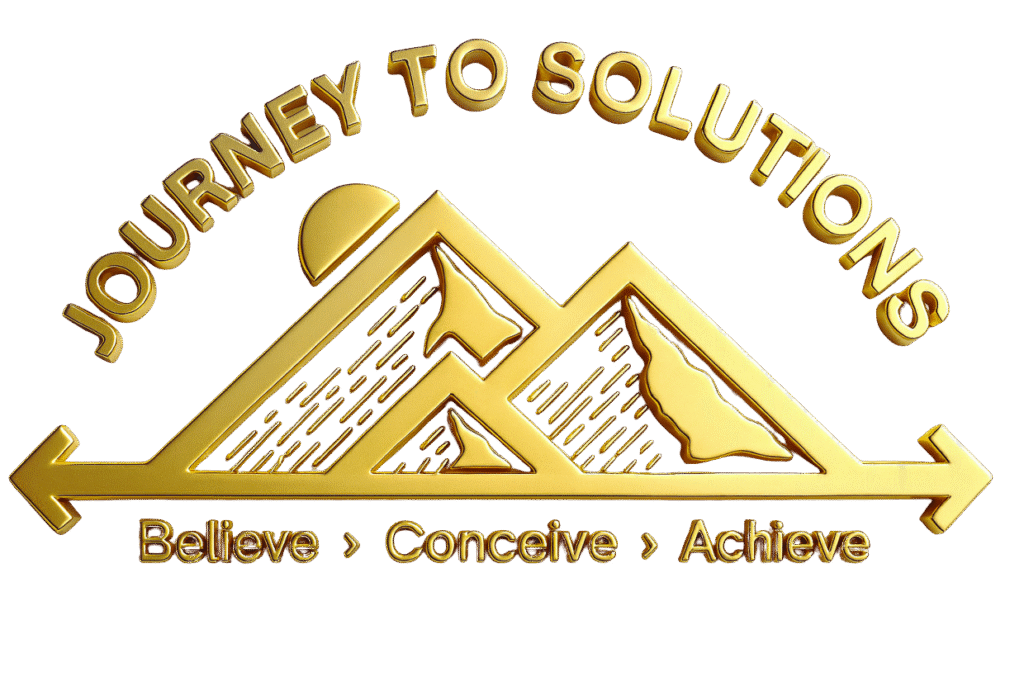Mental health conditions affect millions of people worldwide, yet stigma continues to prevent many from seeking the help they need. This stigma isn’t just harmful—it’s literally life-threatening. By understanding where these attitudes come from and actively working to change them, we can create communities where everyone feels safe to prioritize their mental wellness.
Understanding Mental Health Stigma
What is Stigma?
Stigma occurs when society labels, stereotypes, and discriminates against people based on characteristics they possess. Mental health stigma specifically involves negative attitudes, beliefs, and behaviors directed toward people who experience mental health conditions or seek mental health treatment.
The Cost of Stigma
Mental health stigma isn’t just an abstract social problem—it has real, measurable consequences that affect individuals, families, and entire communities.
Where Does Stigma Come From?
Historical and Cultural Factors
Mental health stigma has deep historical roots. For centuries, mental illness was viewed through religious, moral, or supernatural lenses rather than medical ones. People with mental health conditions were often isolated, institutionalized, or blamed for their circumstances.
While our understanding has evolved dramatically, many of these outdated beliefs persist in cultural attitudes, language, and social structures.
Fear and Misunderstanding
Much stigma stems from fear of the unknown. When people don’t understand mental health conditions, they may rely on stereotypes, media portrayals, or isolated incidents to form their opinions.
The Connection Between Mental Health and Addiction
Mental health stigma is particularly harmful in the context of addiction recovery. Many people struggling with substance use disorders also experience mental health conditions— a situation known as dual diagnosis or co-occurring disorders.
When both conditions are stigmatized, individuals face a double burden of shame and discrimination that can prevent them from seeking help for either issue.
How We Can Break the Stigma
Language Matters
The words we use shape how we think about mental health. Moving from stigmatizing language to person-first, respectful language is a simple but powerful way to reduce stigma.
Education and Awareness
Knowledge is one of the most powerful tools for fighting stigma. When people understand what mental health conditions actually are—medical conditions with biological, psychological, and social components—they’re more likely to respond with empathy rather than judgment.
Sharing Stories
Personal stories have unique power to change hearts and minds. When people share their experiences with mental health challenges, it helps others realize that these conditions can affect anyone and that recovery is possible.
Creating Supportive Communities
In Families
Families play a crucial role in either perpetuating or breaking mental health stigma. Creating a family environment where mental health is discussed openly and supportively can make an enormous difference in how individuals experience and respond to mental health challenges.
In Workplaces
Workplace mental health initiatives are becoming increasingly important. When employers create psychologically safe environments and provide mental health resources, they not only support their employees but also contribute to broader stigma reduction.
In Communities
Community-wide efforts to address mental health stigma can include awareness campaigns, training programs, policy changes, and grassroots advocacy. These efforts help create environments where seeking mental health support is normalized and encouraged.
The Journey to Solutions Approach
At Journey to Solutions, we believe that addressing mental health stigma is fundamental to our mission. We can’t effectively support people in recovery if we’re not also working to create communities where seeking help is seen as a sign of strength, not weakness.
What You Can Do
Every person has the power to help reduce mental health stigma. Whether you’re personally affected by mental health conditions or simply want to create a more supportive community, there are concrete actions you can take.
The Future of Mental Health
We’re living in a time of unprecedented awareness about mental health. Young people are more willing to discuss mental health than previous generations, celebrities and public figures are sharing their stories, and employers are recognizing the importance of mental wellness.
This progress gives us hope, but there’s still work to do. By continuing to educate, advocate, and support one another, we can create a future where mental health is treated with the same understanding and compassion as physical health.
A Message of Hope
If you’re struggling with mental health challenges, remember that seeking help is not a sign of weakness—it’s a sign of wisdom. You deserve support, understanding, and compassion, not judgment. Your mental health matters, your recovery is possible, and you are not alone.




